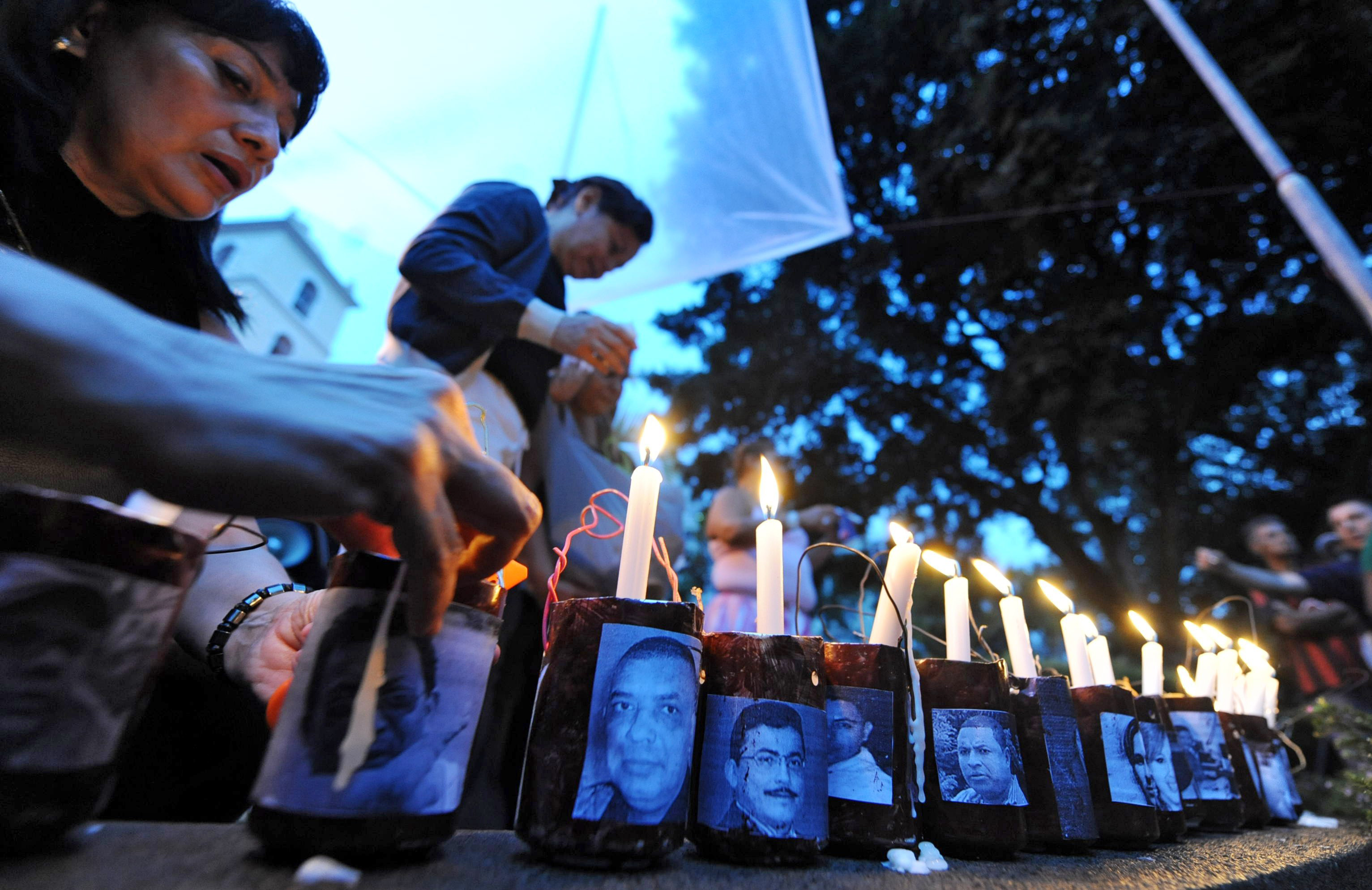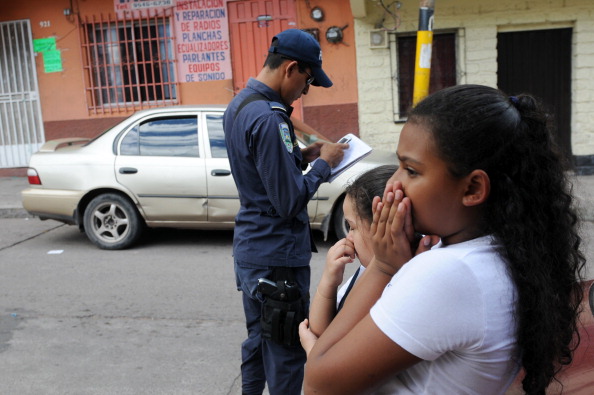Increasingly, Turkey is not a place where it is safe to work as a journalist. In the past weeks, police have arrested a string of journalists, accusing them of being part of a plot, code-named “Ergenekon,” to overthrow the Turkish government. Those arrested—seven at the beginning of March, as well as the earlier arrest of the head of a TV station and two of his employees—all had a record of being critical of Turkey’s ruling party and its leader, Prime Minister Erdoğan. There are currently 68 journalists detained in Turkey, one reason that Reporters Without Borders has ranked Turkey 138th among 175 countries for press freedom, just above Ethiopia and Russia.
Aside from those arrested and detained in the Ergenekon investigation, most of those in prison or on trial are Kurdish journalists, usually charged with violating Article 314 of the Turkish Penal Code: “committing a crime on behalf of an organization without being a member of that organization.” Sentencing under this law can be draconian: the former Editor-in-Chief of the Kurdish paper Vedat Kurşun was sentenced to 166 years in jail; the former editorial manager of another Kurdish newspaper was sentenced to 138 years behind bars. In addition, Prime Minister Erdoğan and the current government have employed lawsuits and fines against journalists and media outlets in a pattern that seems designed to stifle dissent.
Amnesty International has long campaigned against laws in the Turkish Penal Code that curtail freedom of speech, particularly the infamous Article 301, which criminalized “Insulting Turkishness” (after much protest, later changed to “Insulting the Turkish Nation”). Much more needs to change in Turkish law, however, before Turkish journalists can express political opinions that are unpopular without risking imprisonment.



